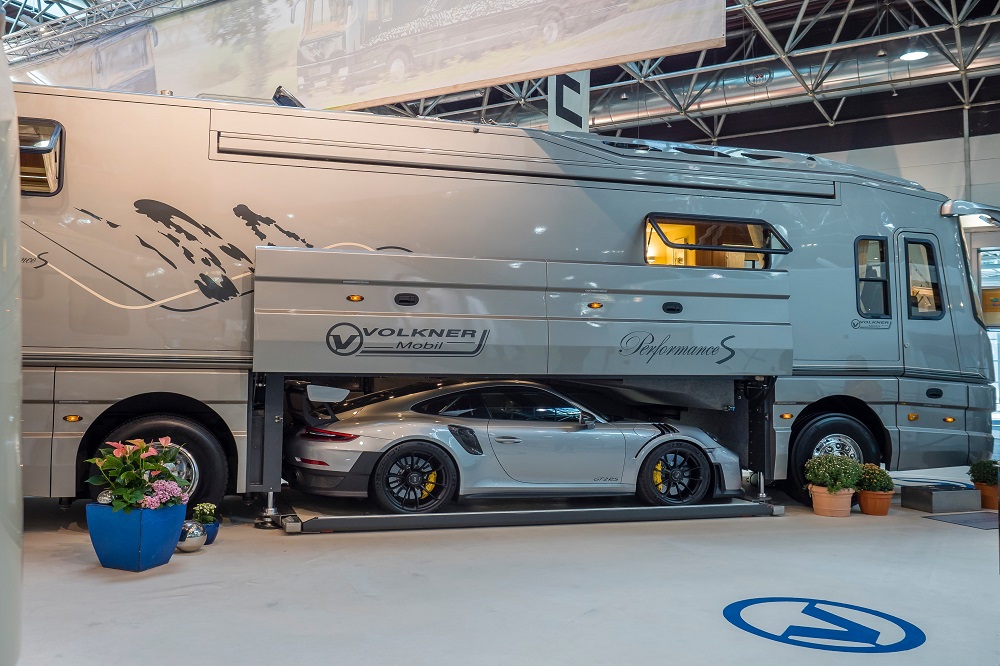Average New RV Buyer Earns More Than 87 Percent of American Households

Photo: Alexander Schimmeck via CC
It may not surprise you to find out that the average person who buys a recreational vehicle today is well off. According to a new survey commissioned by the RV Industry Association, today’s buyers pay about $75,000 for a new RV, and almost nine out of 10 buyers purchase some kind of aftermarket part or accessory.
That’s a little higher than the average American household income, but significantly lower than the average household income of your typical RVer buyer, which stands at $90,700. Only about 13 percent of American households earn that much money.
Related: RVs under $30,000
Because another survey by the RVIA showed that 56 million Americans planned to go RVing this summer, we assume that the greater part of those 56 million are not buying a new $75,000 RV, but instead renting or buying used.
Though the average new RV buyer in America spends $75,000 on their mobile unit, it’s hard to estimate the actual average cost of a new RV. Like cars, RVs are incredibly diverse, and the price of a new one can range from $10,000 to $300,000 depending on size and features.
Related: Are you ready for full-time RV living?
Another stat revealed in the survey is that the biggest portion of RV buyers are now millennials, though the median age is 41, which is just one year older than your oldest millennial. And despite RV popularity surging massively since COVID-19, only 16 percent of survey respondents cited “restrictions on other travel due to COVID” as their reason for purchasing an RV.
In fact, one third of RV buyers are motivated by a desire to travel in comfort, while another third simply wants to explore the outdoors. A full two thirds are married, which is more than your average American, and nearly a quarter say they bought an RV because it allowed them to work remotely. With remote work becoming increasingly prevalent, could this be the real reason for the rise in RV popularity?
Kurt Verlin was born in France and lives in the United States. Throughout his life he was always told French was the language of romance, but it was English he fell in love with. He likes cats, music, cars, 30 Rock, Formula 1, and pretending to be a race car driver in simulators; but most of all, he just likes to write about it all. See more articles by Kurt.

